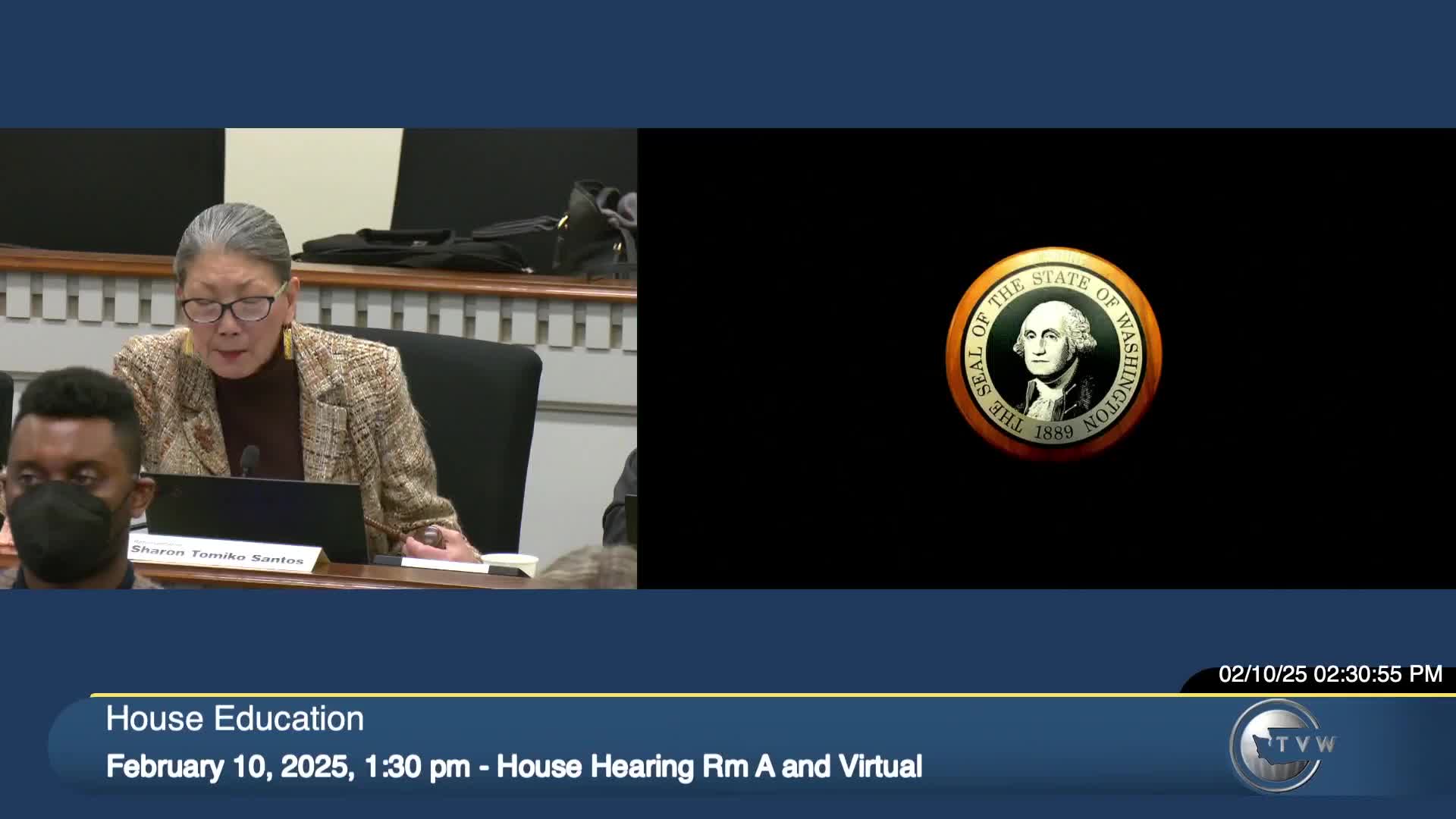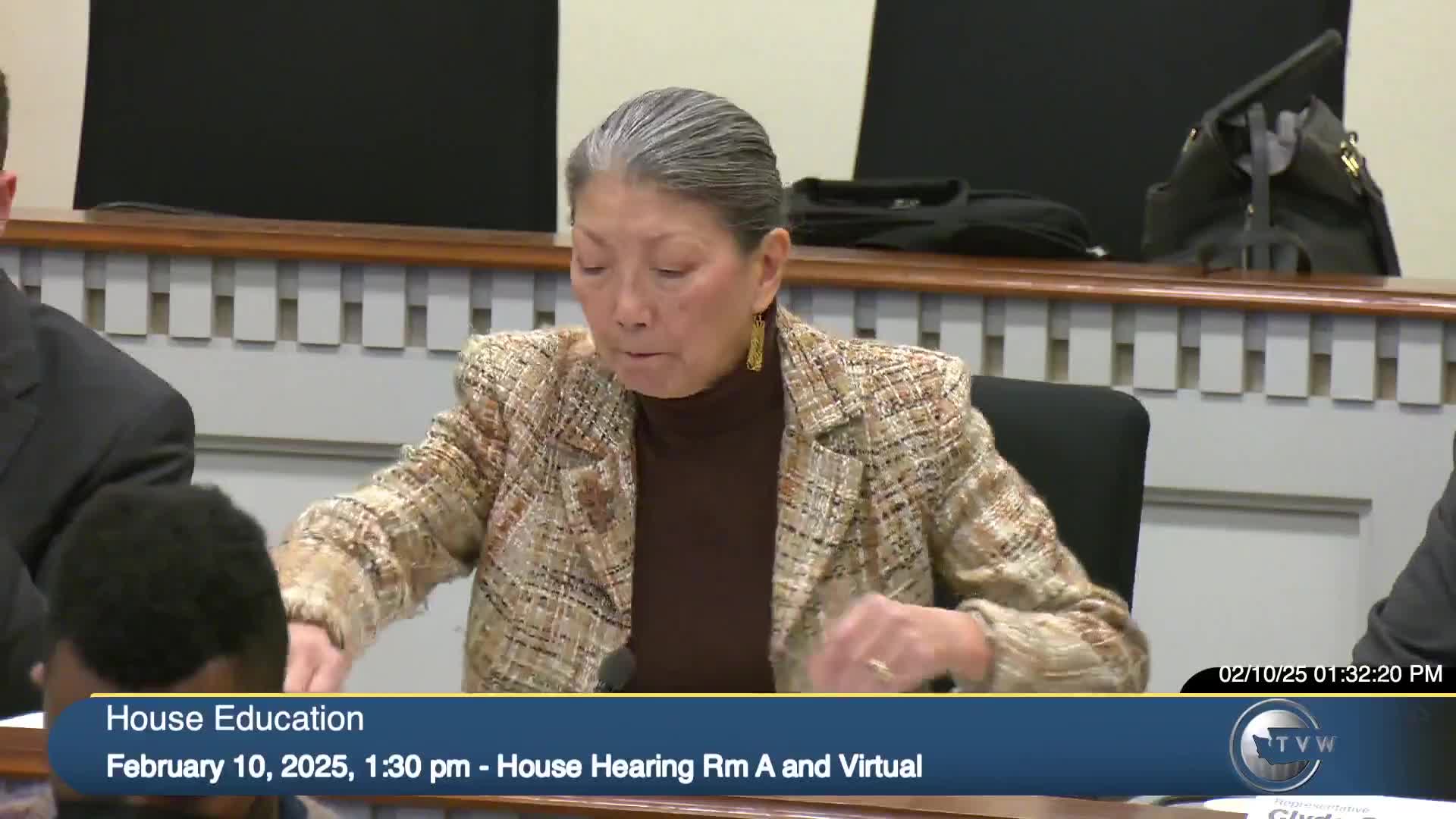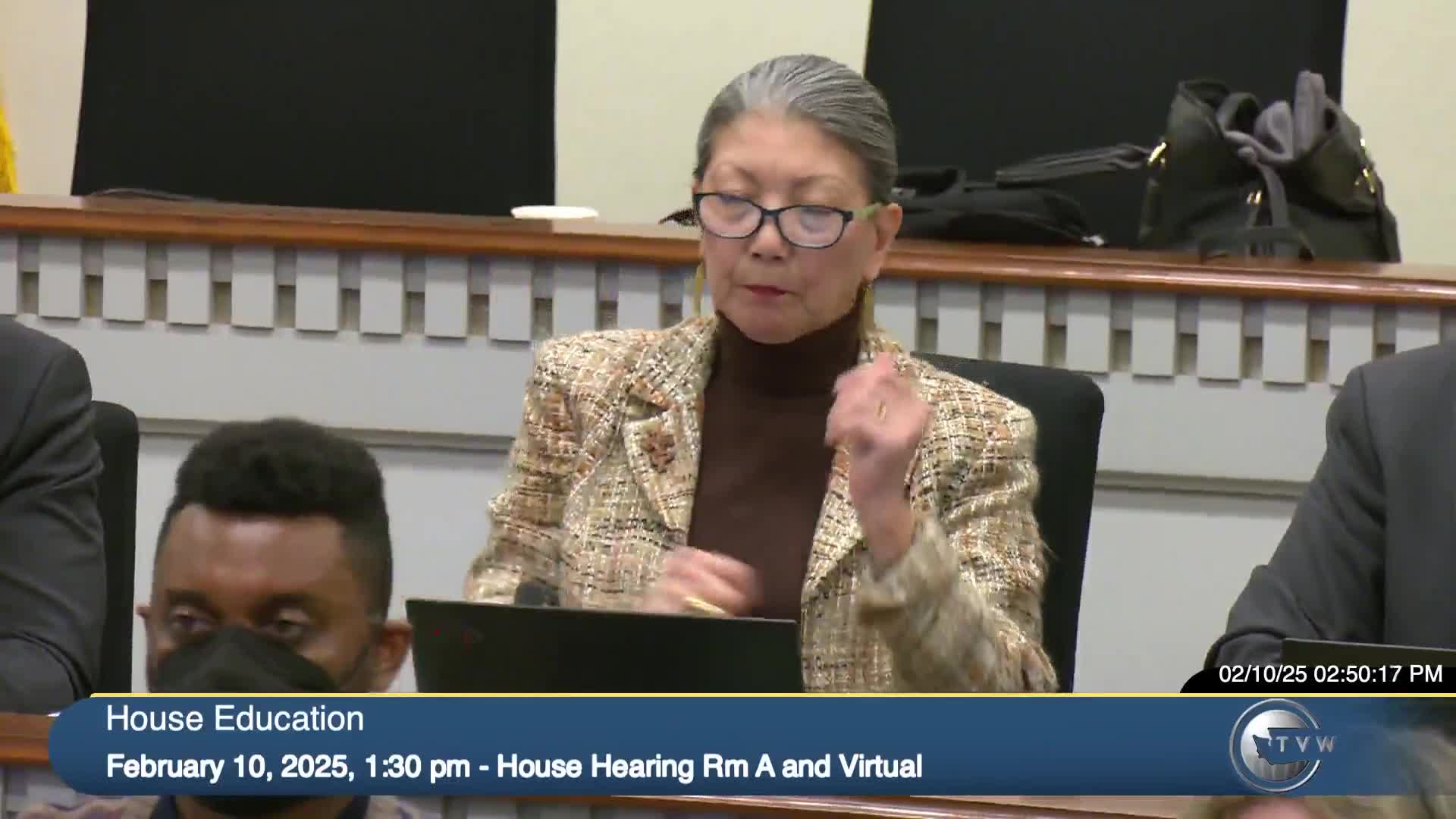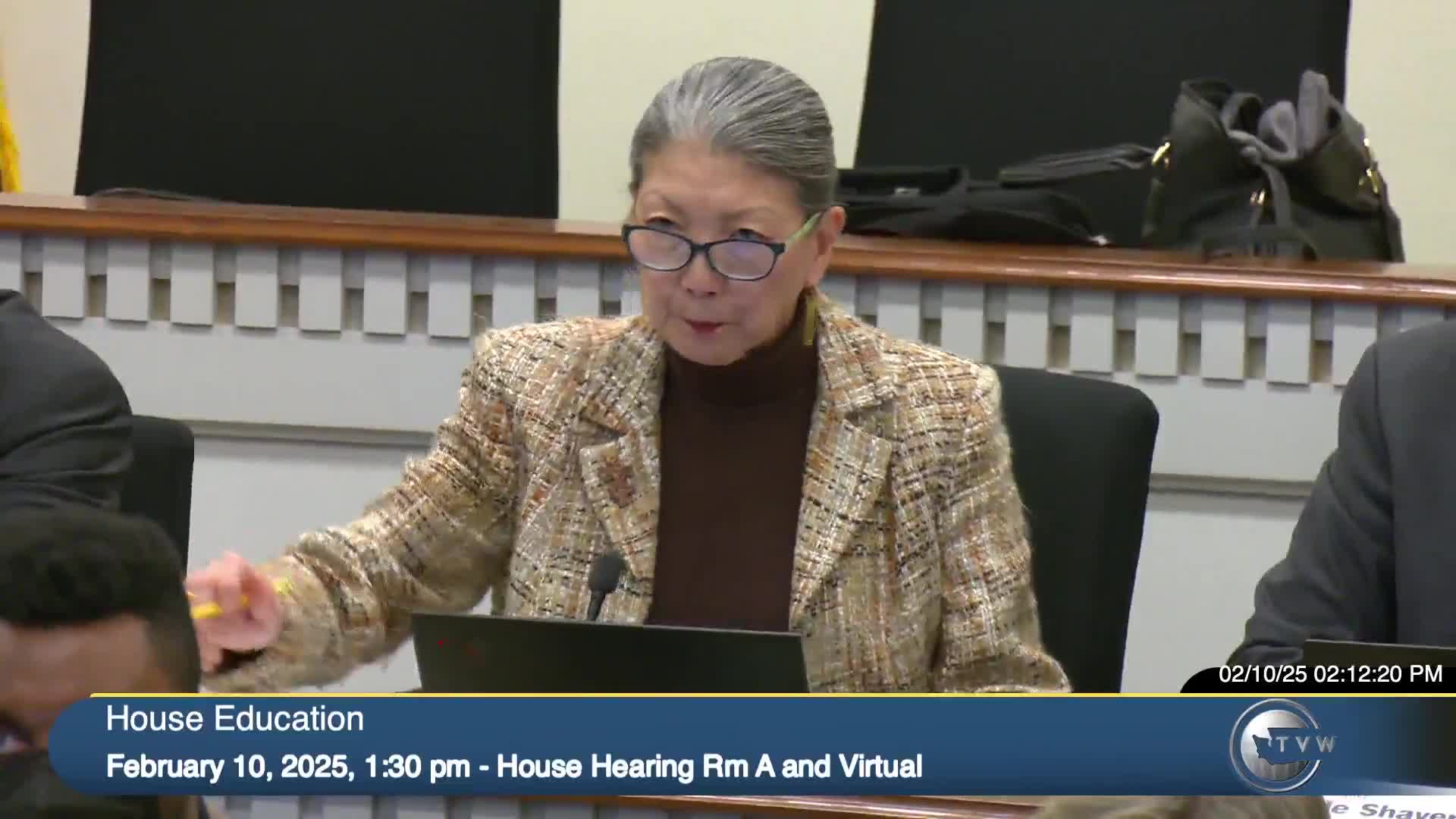Article not found
This article is no longer available. But don't worry—we've gathered other articles that discuss the same topic.

Panel reviews bill to permit parent‑designated adults to give emergency injections for students with adrenal insufficiency

House panel hears bill to create statewide behavioral‑health training and technical assistance network for schools

Committee reviews bill that tightens limits on student isolation and restraint and expands training and reporting

